On March 17, 2018, University of San Diego Theology and Religious Studies Professor Orlando Espin will offer a talk in Spanish at the Archdiocese of Los Angeles Religious Education Congress. In 1993, at USD, he founded the Center for the Study of Latino Catholicism and in 2016, he received the John Courtney Murray Award, their highest honor, from the Catholic Theological Society of America (CTSA). In his 2007 book, “Grace and Humanness: Theological Reflections Because of Culture,” Espin wrote:
Arguments are used to justify the denial of equality and the passing of legislation to repress and suppress the presence and human rights of LGBT persons in society and the church. Worse, however, is that many of these arguments and support for the legislation, and the denial of LGBTs’ rights as human beings, come from within our families, our neighborhoods, our communities, and our churches.
He continued:
If we look at the biblical record, there is little that contemporary exegesis could allow us to claim as condemnatory of homosexuality as it is understood today. The use of a handful of biblical texts to justify the condemnation or repression of LGBT persons should remind us, however, of the use of biblical texts in order to justify black slavery, the colonial and postcolonial genocide of Amerindian natives, and so many other social horrors…we can not morally pass by the pretended biblical and natural theological arguments that justify discrimination and injustice against humans in the name of God.
In 2008, Espin signed a “Letter to the University of San Diego” in support of women’s ordination. Also, in 2008, Espin “legally married” his same-sex partner. During a 2016 interview, Espin discussed his homosexuality, religious beliefs, and his often-difficult childhood experiences.
In a recent appearance during his promotional tour for the book “Building a Bridge: How the Catholic Church and the LGBT Community Can Enter into a Relationship of Respect, Compassion, and Sensitivity,” Jesuit priest James Martin said:
All these Bible passages people throw at you…Leviticus, Deuteronomy, and even the stuff in the New Testament where Paul talks about it once or twice, has to be understood in their historical context. The Bible is written in a particular time; it’s the inspired Word of God, but it is written, certainly, in a particular time and in a particular historical context. Certainly in Old Testament times, they didn’t understand the phenomena of homosexuality, and bisexuality I would say, as we do today. I’d also like to say that there’s a lot of other stuff in Leviticus that we sort of understand in its historical context, like what kind of slaves can we have, whether or not we can wear certain kinds of clothes, whether or not our crops can be next to one another. We don’t look at those passages in an a-historical way, so why should we look at passages on homosexuality that way? And I’d also like to say that in his…three-year public ministry, Jesus says nothing about the topic.
He made much the same argument during a 2018 Q&A session at Georgetown University. Martin will also be a featured presenter at the 2018 Religious Education Congress.
Here are some of the other presenters who will be speaking on LGBT issues at the 2018 Congress.
Archdiocese of Los Angeles
3424 Wilshire Blvd.
Los Angeles, CA 90010-2241
phone: (213) 637-7000
email: info@la-archdiocese.org
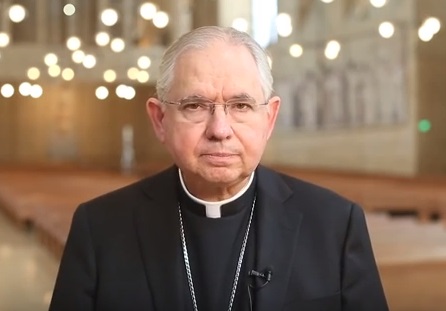
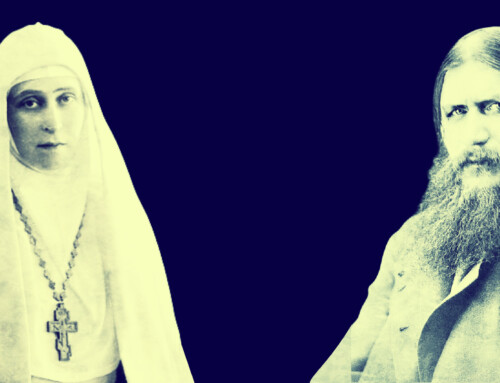
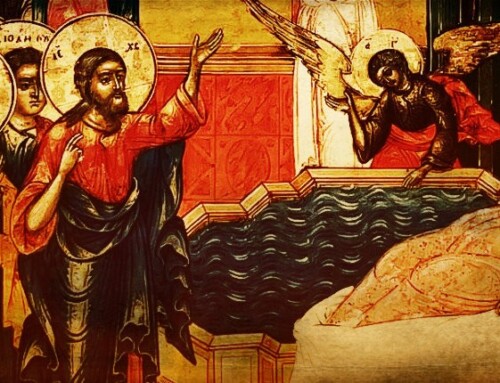
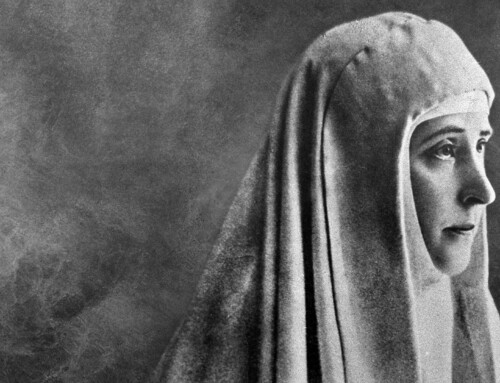
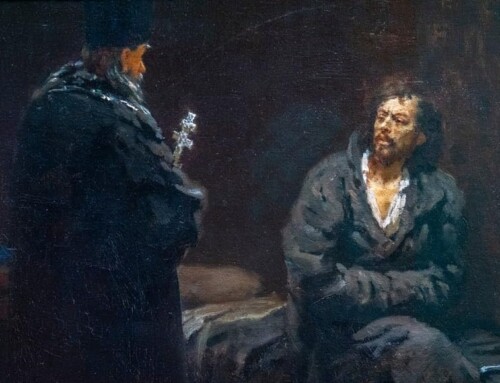
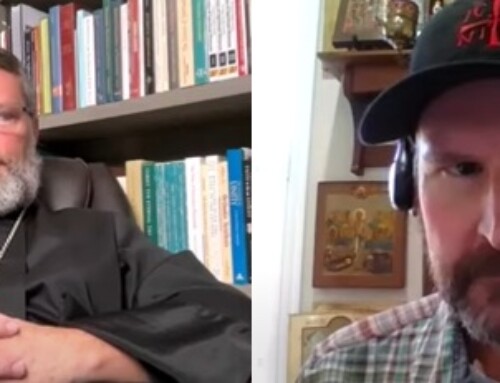
I thought Jesuits were supposed to be more sophisticated in their theology than this. And certanly Paul is part of the catholic credo, and Paul is pretty explicit about homosexual sex being an impure act. Is he to be relativized as well? Where will relativizing stop? I’m not even a true believer, but seeing how this now passes for acceptable esegesis makes me frown. Contents aside it lacks rigor as it is a shallow emotional argumentation. Nothing compared to Jesuits of the past or Talmudic scholars.